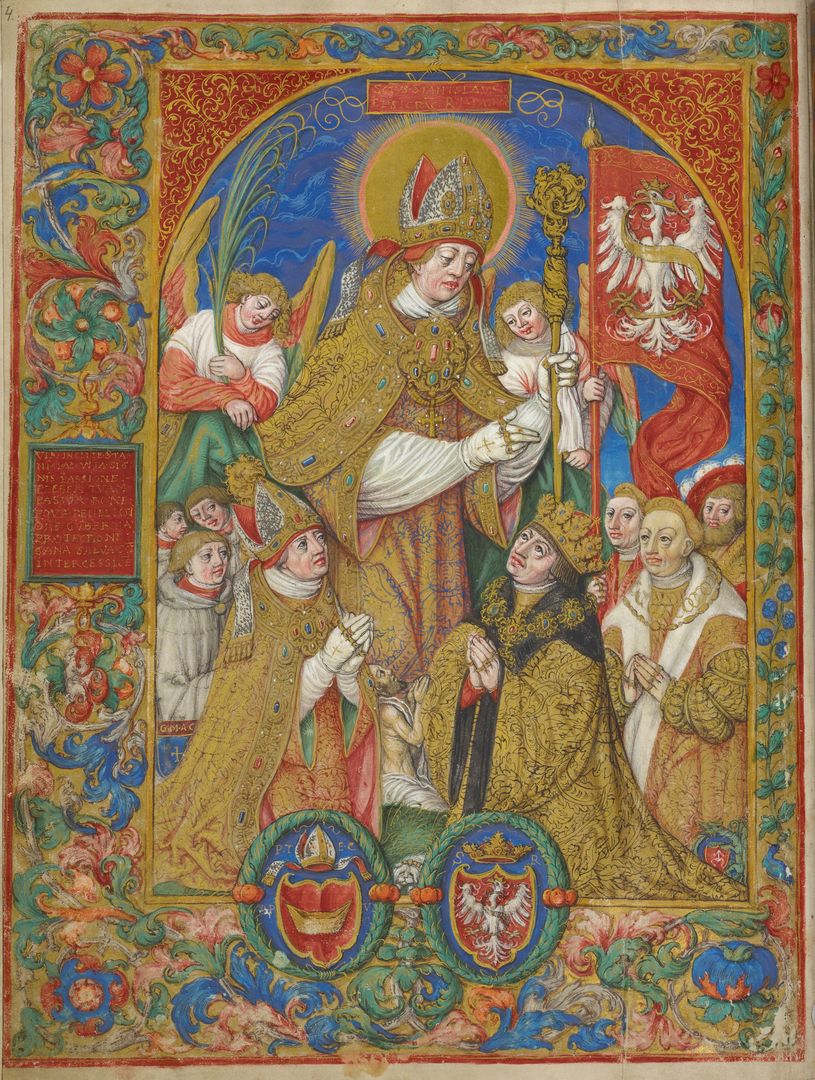National Library
6.89

Overview
The National Library (BN) in Warsaw, located at 213 Independence Avenue, is one of the oldest cultural institutions in Poland, with roots dating back to the Załuski Library established in 1747. Reactivated in 1928, it serves as the country's foremost humanities library, collecting books, periodicals, electronic and audiovisual publications issued in Poland, as well as foreign Polonica. The BN holds the right to receive legal deposit copies, making it the primary archive of national literature. Its publishing activities include titles such as "Polish Libraries" and the "National Library Yearbook." Architecturally, the main building, designed by Stanisław Fijałkowski and constructed between 1962 and 1976, features modern design elements that harmoniously blend with its surroundings. Historically, the National Library endured challenging times, including destruction during World War II, when it lost approximately 40–78% of its collections, including valuable manuscripts and early printed works. After the war, its holdings were gradually replenished, and in 1954, the library was granted its statute. In terms of collections, the BN boasts a unique array of manuscripts, including works by Polish creators, early printed books, and documents of social life. Notably, its collections include manuscripts by Frédéric Chopin and culturally significant early prints. Supporting libraries across the country, the BN also serves as a methodological center. Through innovative projects like the "Collection of Contemporary Polish Literature," it gathers manuscripts from living authors. In recent years, it has gained recognition, receiving the Warsaw Mayor's Architectural Award for the modernization and interior design of its facilities. In digitizing its collections, the BN also maintains platforms such as Polona and Academica, which provide broader access to its rich cultural heritage.
Location
Tickets
Powered by GetYourGuide
2026 Wizytor | All Rights Reserved